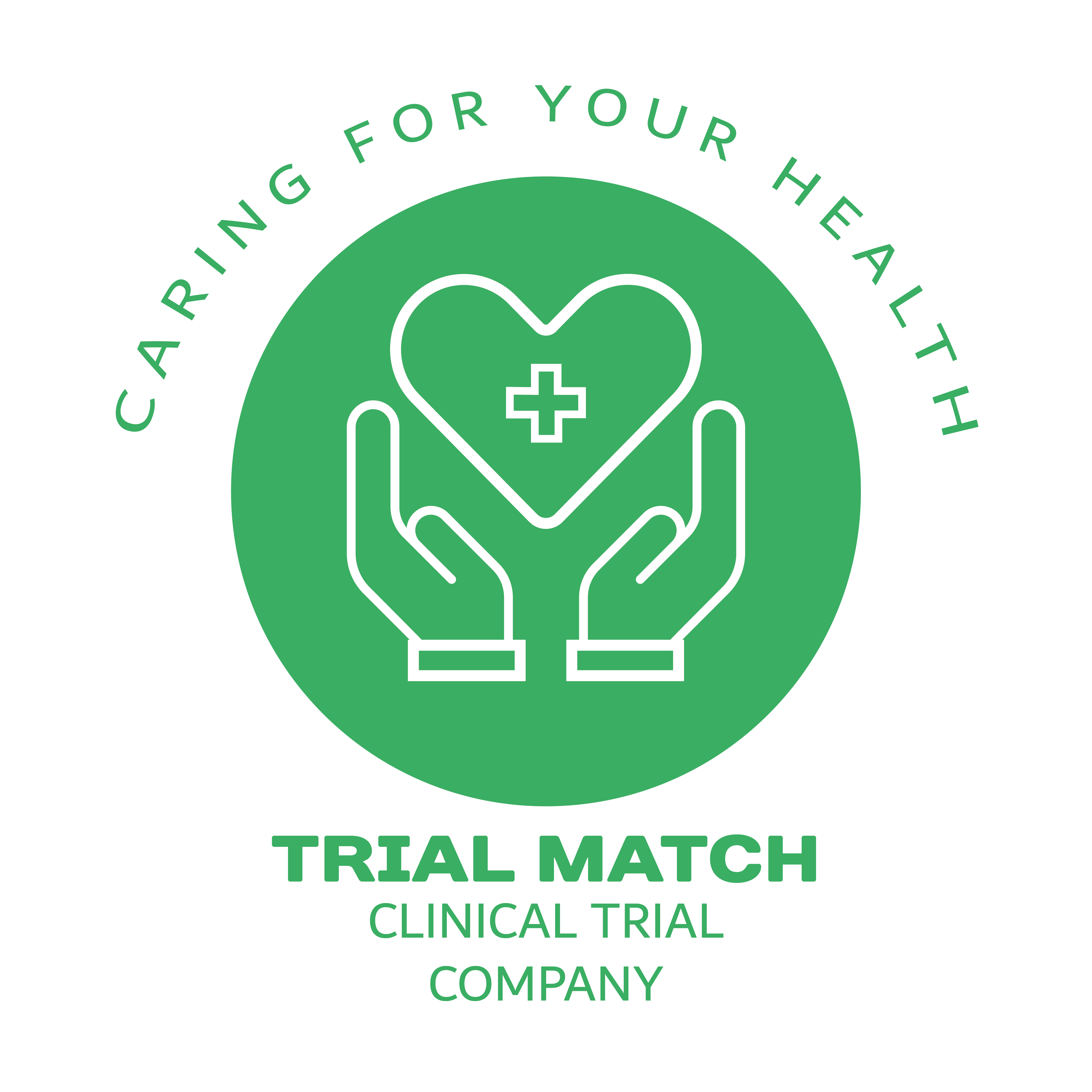From Hype to Practical Implementation

Artificial Intelligence (AI) is no longer just a buzzword floating around conference halls—it’s becoming a cornerstone of innovation in clinical trial management. But while excitement about AI is high, practical implementation remains a significant challenge for many sponsors and research organizations.What does it actually mean to adopt AI in clinical trials? And more importantly, how can it move beyond theory and start solving real problems today?
1. AI: From Abstract Promise to Operational Advantage
AI offers impressive capabilities: predictive analytics, automated data capture, risk detection, and patient matching. But the real value comes when these tools are integrated into the actual day-to-day operations of trial design, monitoring, and reporting.
The challenge? Too many systems remain siloed, with AI functioning as an “add-on” rather than a core function.
2. Use Cases That Actually Work
- AI can analyze historic trial data, recruitment curves, and demographic info to forecast enrollment speed and site activation risks—saving months of guesswork.
Real-time data dashboards, anomaly detection, and flagging of site-level deviations help teams focus on what matters, improving both speed and quality.
- NLP models scan previous protocol deviations, adverse events, and trial dropouts to suggest more resilient trial designs.
These aren’t moonshots—they’re features Trial Match already deploys.
3. Barriers to Adoption (and How to Overcome Them)
Despite its benefits, AI adoption is often blocked by:
- Lack of clean, structured data
- Cultural resistance to automation in clinical settings
- Concerns about regulatory acceptance
- Limited interoperability between platforms
The solution is not just “buying AI”—it’s creating an infrastructure where AI can thrive. That’s why Trial Match includes data standardization tools, modular integrations, and regulatory-aligned transparency features as part of its core system.
4. What Makes AI Worth the Investment?
Here’s what sponsors care about:
- Faster timelines
- Lower costs
- Improved data confidence
- Fewer compliance issues
A well-implemented AI system can touch each of these points. But only if it’s grounded in clinical reality—not fantasy.

5. Trial Match: Practical AI, Not Just Promises
Trial Match is built on the belief that AI shouldn’t be futuristic—it should be functional. That’s why our platform doesn’t just “have AI.” It uses it to make your trials smarter, safer, and faster.
With customizable AI modules, robust data handling, and real-world use cases already proven in the field, we help you adopt AI where it matters most: on the ground, in your trials, every day.
Conclusion: Smarter Trials Start Now
It’s time to move beyond AI as a buzzword and embrace it as a strategy. For sponsors ready to modernize, AI can transform every stage of the clinical journey—from planning to closeout.
Trial Match offers the tools to help you do just that—with intelligence, agility, and trust built-in from day one.
